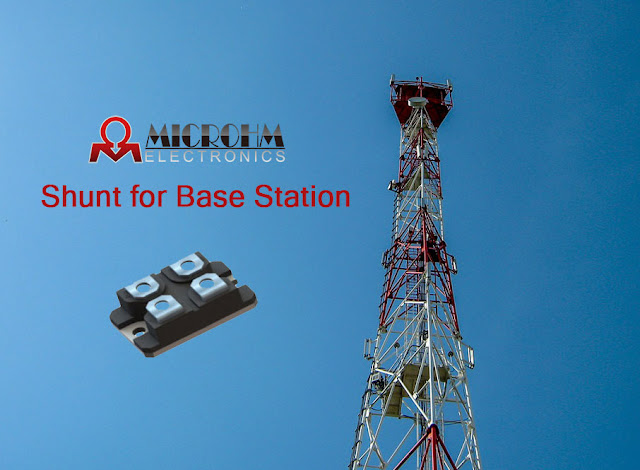In recent years, rapid population growth,
increased pressure on food supplies and declining agricultural labor force push
the demand for agricultural robots. Whether building "smart
agriculture" or developing "unmanned farm", agricultural robots
are well-deserved protagonists.
Several centuries ago, the industrial
revolution and technological innovations have greatly enhanced our use of the
earth's resources. However, as the population continues to expand, in order to
meet the sharply increased demand for food, the future food output will double
the current output of food at least. Simultaneously, unfavorable factors such
as global warming and urbanization are restricting the growth of crops and
grain, output growth is rather difficult. Then how to solve the agricultural
problem become top urgent!
In this situation, it is even more
important to promote the development of agricultural modernization to the
deeper level. Nowadays, the development of cutting-edge technologies such as
artificial intelligence, big data and internet of things is changing the era.
With the agricultural production mode moving forward from mechanization to
digitization, the precision agricultural technology has quietly changed the
traditional mode of agricultural production. The high-end intellectualization
stage has come. This is the blueprint of future agricultural development.
Currently, agricultural robots have been
able to complete sowing, planting, tillage, picking, harvesting, weeding,
sorting and packaging work, mainly used in unmanned tractors, unmanned aerial
vehicles, material management, seeding and forest management, soil management,
grazing industry management and animal management.
Many countries see the broad prospects in
agricultural revolution and speed up agricultural robot research and
development. For instance, the team led by Professor Stephen of the University
of Illinois has developed a new robot. The agricultural robot uses a
combination of GPS and laptop to guide the crawler wheels moving between the
plants. The robot is equipped with a hyper spectral, HD thermal imaging camera,
weather monitor and pulsed laser scanner sensor. These devices allow it to
collect phenotypic data such as plant stem diameter, height and leaf area, and crop
environmental conditions such as temperature and soil moisture content. They
can then use this information to build a 3D computer model for each plant to
predict its growth and development, and to estimate the yield of the individual
plant and the entire crop.
With the promotion of agricultural robot
applications, the concept of "unmanned farm" is gradually emerging. The
British "Daily Mail" reported that a group of British agricultural
engineers are trying to create the world's first unmanned farm, without anyone
entering the farmland to complete the entire process of digging, sowing,
irrigation until the harvest, and use unmanned aerial vehicles to monitor crop
growth.
High precision components such as precision
resistors are applied into agricultural robots, agricultural revolution
provides more opportunities for electronics industry. Microhm electronics
seizes the chance to research and develop a series of electronics power
resistors for artificial intelligence.
Resource: gkzhan.com







































